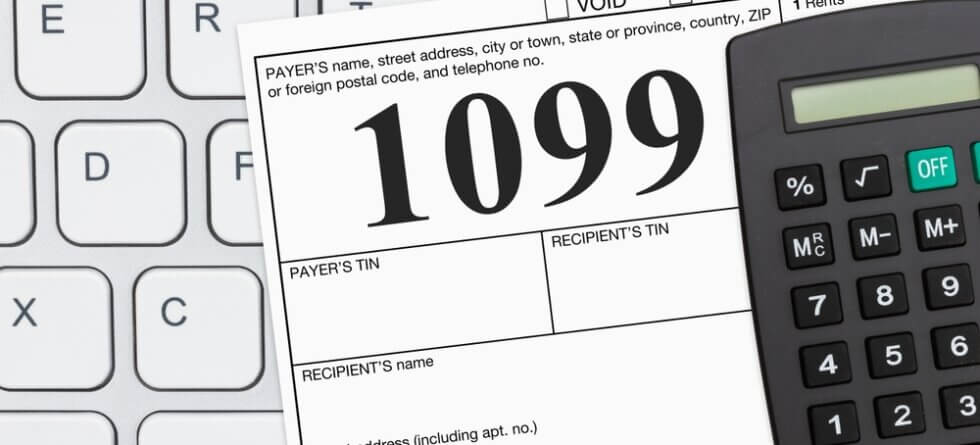In QuickBooks, a 1099 form is typically generated for individuals or entities who have received payments for services or non-employee compensation totaling $600 or more during the tax year. These payments may include payments made to independent contractors, freelancers, or vendors for services provided to your business. QuickBooks can help you track these payments and generate the necessary 1099 forms for reporting to the IRS.
Here’s a breakdown of who may need a 1099 in QuickBooks:
- Independent Contractors: If you hired independent contractors, freelancers, or self-employed individuals to perform services for your business, and the total payments made to any one contractor during the tax year are $600 or more, you will generally need to issue a 1099-NEC (Non-Employee Compensation) form for each qualifying contractor.
- Attorneys: Payments made to attorneys for legal services may also require a 1099-NEC if the total payments for legal services during the tax year meet or exceed the $600 threshold.
- Vendors and Suppliers: In some cases, payments to vendors or suppliers for goods or merchandise may require a 1099 if they are not incorporated entities, and the payments exceed $600. However, this is less common than 1099 reporting for services.
- Rent Payments: If you paid rent to an individual or unincorporated business entity for property or equipment rental and the total payments exceed $600, you may need to issue a 1099-NEC.
- Royalties: Payments made for royalties totaling $10 or more may require a 1099-MISC (Miscellaneous Income) form to be issued.
- Interest and Dividends: While less common, interest and dividend payments made in the course of your trade or business may also require reporting on a 1099-INT or 1099-DIV if certain conditions are met.
Keep accurate records of payments made to individuals or entities throughout the tax year. QuickBooks can help you track these payments and generate the appropriate 1099 forms at the end of the year. You should collect a Form W-9 from each payee before making payments, as this form provides the necessary information to complete the 1099 forms.
Always consult with a tax professional or accountant to ensure that you are meeting your 1099 reporting obligations accurately and in compliance with IRS regulations, as the rules can vary based on factors such as the type of payment and the legal structure of the payee’s business.




